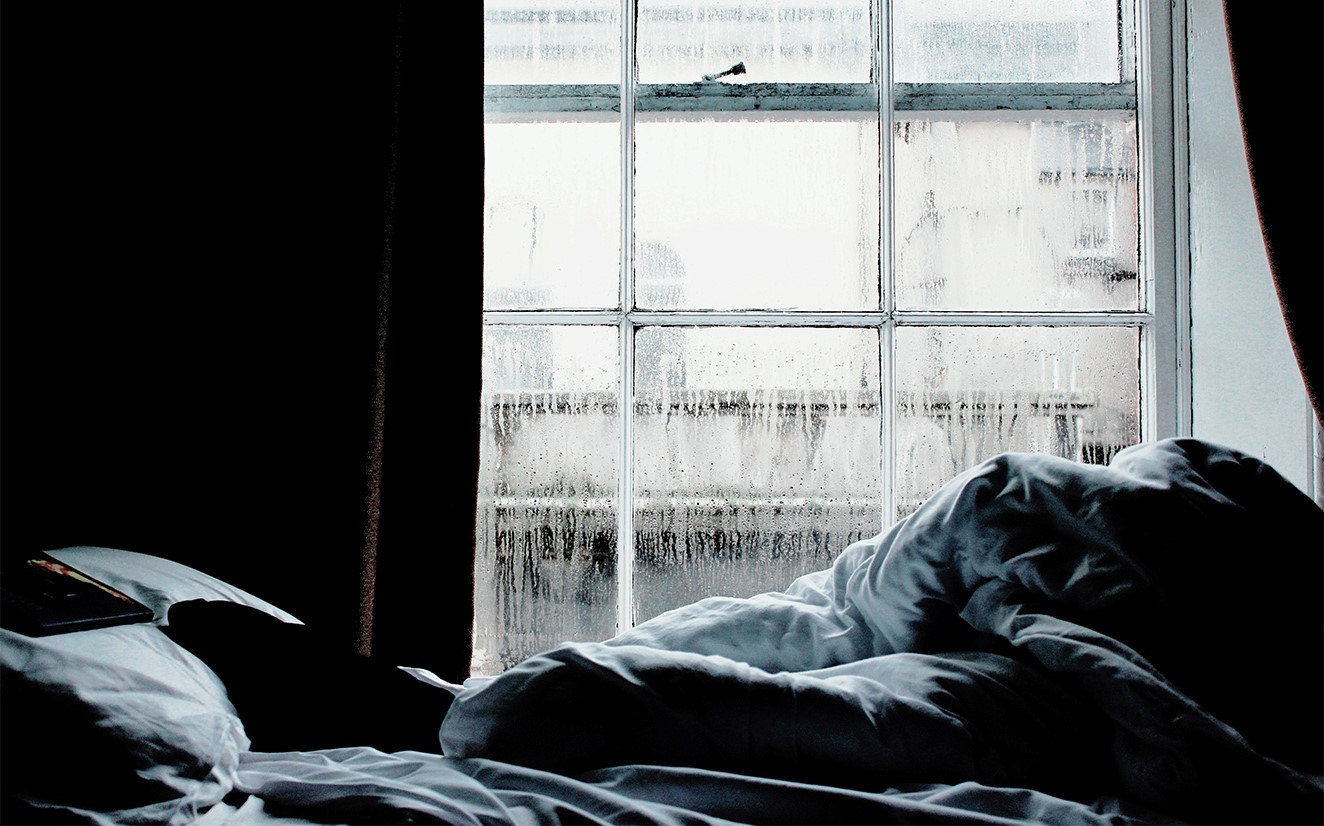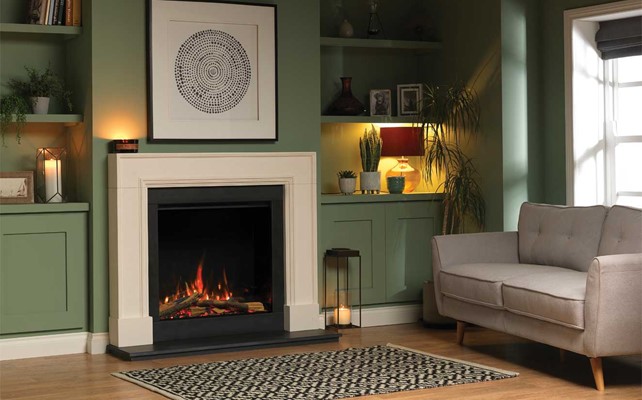All the latest news and views from Rinnai

‘Damp’ is one of those dreaded words you don’t want to hear when you’re talking about your home – probably only trumped by ‘subsidence’.
A damp house is often cold, difficult and expensive to heat, susceptible to mould and mildew and worst of all, bad for your family’s health. However, it’s something that can be remedied.
How do I know if my home is damp?

A musty smell in a room that isn’t in constant use can be a quick giveaway of a damp problem. However, it’s usually the discovery of mould or mildew that triggers the damp discussions.
Mould can form on ceilings or walls, or it may be seen behind furniture, mirrors and picture frames up against walls. It can show as mould spots or as watery stains. Often clothing in wardrobes or drawers become damp or mouldy too.
In more advanced cases, there may be rotting wood in window surrounds or flooring edges. A musty smell may also be present under the house.
Tips to keep moisture out of your home.


For more information, visit energywise.govt.nz.
Warm air can hold more moisture than cold air, which is why an efficient heating system in your home can put a stop to condensation forming on windows and walls.
Keeping your home warm with insulation and an efficient heating system can improve the effects of ventilation and reduce the risk of mould growth.




